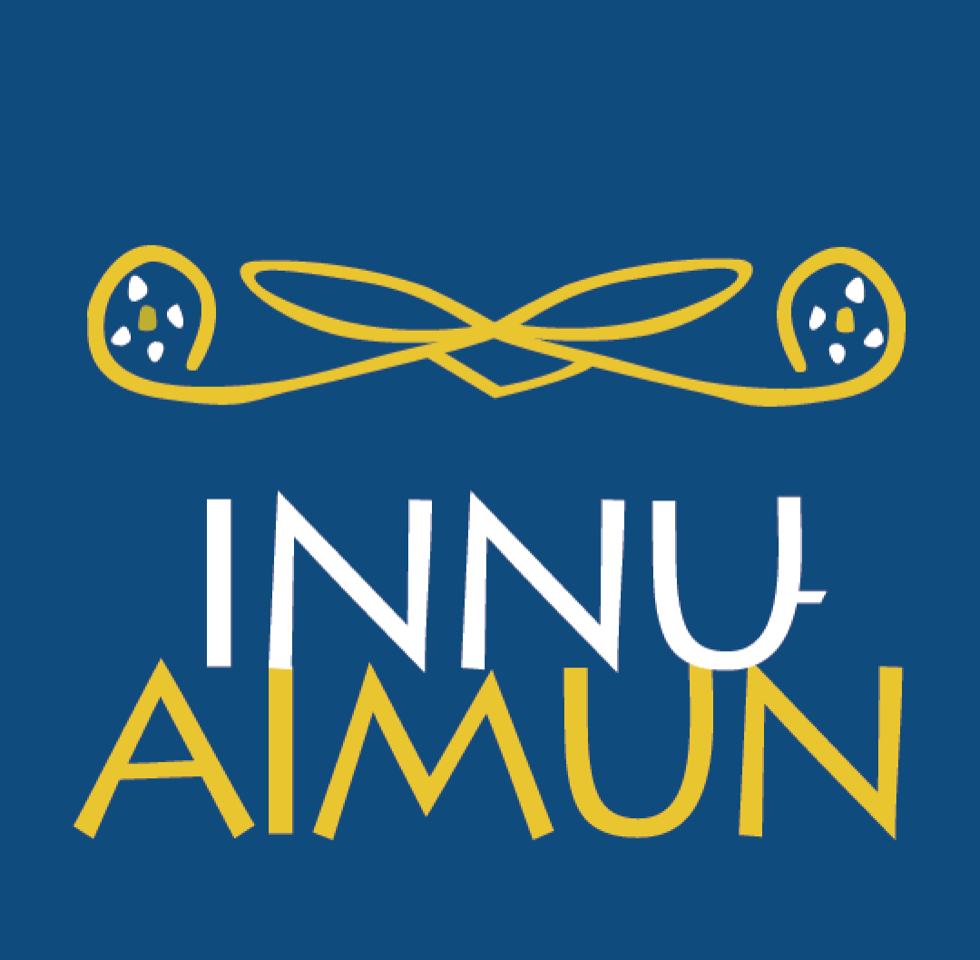And are there other words like this?
Mitash is a dependent noun because it is formed with the prefix mi- and the stem -tash, which cannot exist on its own: mi+tash = mitash ‘sock’. It’s a dependent noun because we can’t say *nimitash (*ni+mitash), but instead say: nitash (ni+tash) ‘my sock’. Most dependent nouns are kinship terms or body parts, but there are also some objects like mitash ‘sock’ or miush ‘box’ (niush ‘my box’, tshiush ‘your box’). Furthermore, the animacy of mitash varies: in some communities the noun is animate, while in others, it’s inanimate.
Dependent nouns indicate that certain things are always seen in relation to a whole (body, person, kinship) in Innu.
See Dependent nouns.
[answer compiled by the Comité Tshakapesh-Innu Dictionary editorial team, 2022]

